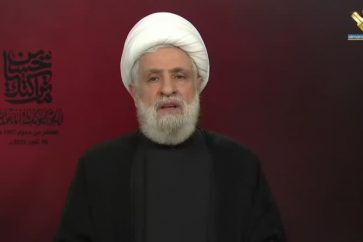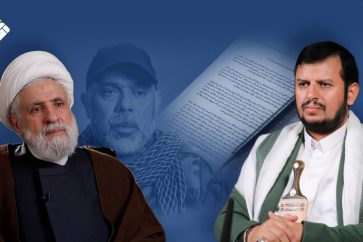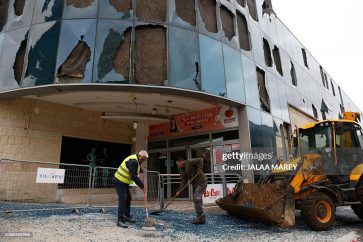On the 17th of September 2024, the world once again witnessed the tyrannical brutality of the Zionist-American war machine. That day, that attack, stood as a reminder—both to those who have the courage to condemn and to those who remain silently complicit—of the devastation that US-Israeli hegemony inflicts upon our region. At a coordinated hour, pager devices held by members of the resistance community—working across medical, social, and military sectors—exploded in homes, hospitals, pharmacies, markets, and along public roads and highways. The attack created terror unlike any other. Its victims spanned every walk of life: 13 martyrs, including a toddler, and more than 4,000 wounded across the country.
The horror did not end there. On the following day, September 18, at nearly the same time, a large number of wireless radio devices detonated in the same manner. Their larger size caused even greater devastation, resulting in nearly 200 martyrs and hundreds more wounded.
Women, children, young men, and elders—all were affected. The scar left upon the community is wide and deep. Yet, with the aid of Allah (SWT), we rise again. The unbreakable spirit carried in the hearts of the wounded propels us forward. No matter the pain endured, the smiles that still grace the scarred faces of survivors remind us that indeed: far from us is disgrace.
On this special episode of Panorama Today, prepared and presented by our colleagues Manar Sabbagh and Hasan Hamza, ten of our wounded heroes join us to recount their stories of that tragic day, while affirming to the enemy that their attack failed to achieve its aim.
Engineer and influencer Ali Ibrahim, who lost his vision in the attack, shares his story while reassuring his community that recovery is already underway.
“What we sacrificed due to the pager attack was simply the cost of answering the call to defend our people.”
Physiotherapist and PhD holder Dr. Hasan Madi recalls how the attack struck while he was treating his patients. Despite losing full use of his left hand, his sense of duty compelled him to return to work the very next day.
“The enemy wanted to take away the ability of thousands at once. The most valuable lesson from my experience is that we ensured the failure of that goal.”
Shadi Al-Ghoul, known as “The IT Ghoul”, had been preparing to marry and pursuing a master’s degree in computer science when the attack robbed him of his sight. He shares his experience of returning to his studies after undergoing surgery in the Islamic Republic of Iran. Despite expecting rejection, he was welcomed back to his university with the support of professors and peers.
“We, the young men raised on the lessons of martyrs Sheikh Ragheb Harb and Sayyed Hasan Nasrallah, can only ever choose the second option.”
The tragedies of September 17 and 18 left behind deep wounds and heavy losses. Yet from within this pain arose resilience, innovation, and unyielding faith. The enemy sought to shatter our will, to rob us of our future, and to silence our communities. Instead, it found only defiance, strength, and renewal. The stories of our wounded heroes—engineers, doctors, students, and countless others—stand as living proof that no weapon can extinguish the determination of a people who believe in their cause. Though scarred, we are not broken; though wounded, we rise again. With every sacrifice, we affirm that disgrace will never be our fate, and that victory belongs to those who endure.
Source: Al-Manar English Website




